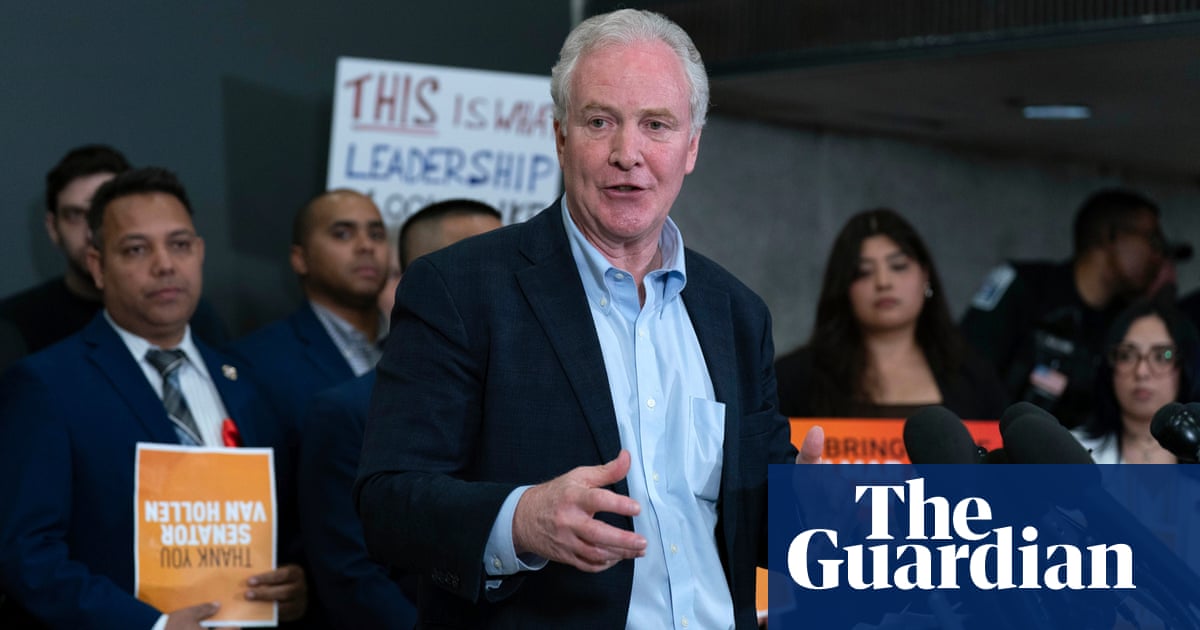ANNE D'INNOCENZIO
Wed, Apr 16, 2025, 8:43 AM 5 min read
NEW YORK (AP) — U.S. shoppers increased their shopping last month, fueled by a spending spree on big ticket items from gadgets to cars before President Donald Trump’s expansive new tariffs started kicking in.
Retail sales rose 1.4% in March, after rising 0.2% in February, according to the Commerce Department. Retail sales fell 1.2% in January, hurt in part by cold weather that kept more Americans indoors, denting sales at car dealers and most other stores.
Excluding sales at dealers of autos and parts, sales only rose 0.5%.
Sales at dealers of autos and parts rose 5.3%, while electronics retailers had a 0.8% increase. Sporting goods retailers enjoyed a 2.4% gain. Grocery stores saw a 0.1% increase and clothing and accessories stores had a 0.4% increase. Online retailers posted a 0.1% gain and restaurants had a 1.8% increase. However, furniture and home furnishings stores posted a 0.7% decline.
“These are simply blow out numbers on March retail sales where the rush is on like this is one gigantic clearance sale,” said Christopher S. Rupkey, chief economist at FWDBonds LLC in a published note. “Consumers are expecting sharply higher prices the next year and are clearing the store shelves and picking up bargains while they can. ”
Analysts expect that sales will start falling off as the slew of tariffs increase costs for companies and many retailers are forced to raise prices, hurting shopper demand. Consumers’ confidence has already taken a hit. And a growing number of retailers and suppliers are halting shipments from China as well as pausing orders as they wait to see where the tariffs settle. In some cases, they are canceling orders.
The result of the trade wars so far: a baseline tariff on most countries of 10%, with imports from China getting taxed at a combined 145%. Goods from Canada and Mexico face tariffs of up to 25%, while imported autos, steel and aluminum are taxed at that same rate. China retaliated last week with a 125% tariff on U.S. goods.
Early this month, Trump announced sweeping and steep tariffs on nearly all trading partners. But after Trump’s U- turn last week that paused the new tariffs on about 60 nations for 90 days, average U.S. duties remain much higher than a couple of months ago.
Last Friday, the Trump administration announced tariff exemptions on electronics like smartphones and laptops but a few days later said they’re only a temporary reprieve.
Amid lots of uncertainty, U.S. consumer sentiment plunged in April, the fourth consecutive month of drops, in a seemingly sharp disapproval of Trump’s trade wars that have fueled anxiety over possible job cuts and rising inflation.

 German (DE)
German (DE)  English (US)
English (US)  Spanish (ES)
Spanish (ES)  French (FR)
French (FR)  Hindi (IN)
Hindi (IN)  Italian (IT)
Italian (IT)  Russian (RU)
Russian (RU) 























Comments